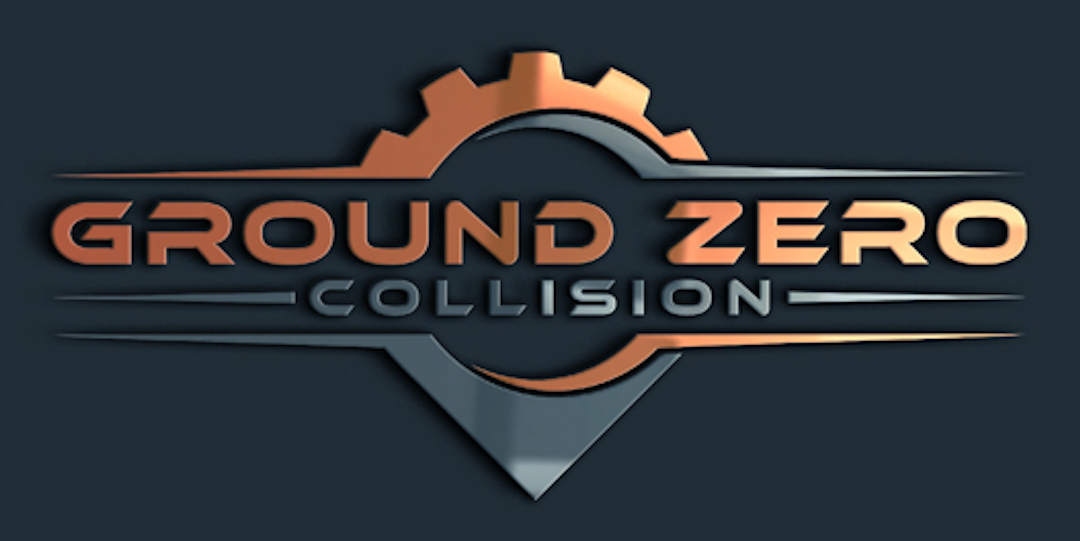We hope you never have the misfortune of getting into an accident. However; if you do, it’s important for you to understand what your insurance policy covers and doesn’t cover. As a consumer, you have the right to choose not only which body shop to take your vehicle to, but also the type of parts you wish to be used during the repair. We will focus on the consumer’s choice of parts in this article.
As stated above, you have a consumer’s choice of parts to replace the damaged parts on your vehicle. That choice often comes down to Original Equipment Manufacturer’s (OEM) parts, Aftermarket parts or “Salvaged or Refurbished (used)” parts. And while it’s true that you do have a choice… you must also know that the language of your insurance policy may actually determine who is going to pay for the replacement parts during a repair.
It would be very wise of you to check your insurance policy prior to being involved in an accident, and find out what kind of limitations are involved in your coverage. Some insurance policies may allow for the use of OEM parts, and still others may limit that use depending upon a number of variables, including the age of your vehicle.
The great majority of policies written by many of the largest (and least expensive) insurers include language that allow them to use parts that are of “like kind and quality”, which can usually translate to salvaged or aftermarket parts. We take the stand that such parts are neither “like kind or quality” when compared to new replacement OEM parts. And we uphold a consumer’s choice of parts when it comes to ensuring the proper repair.
You may wish to ask your insurer (typically at the agent or sales level) if the company makes provision for an OEM parts rider. This is an additional paid rider to your policy that makes sure the insurance company pays for the proper OEM parts for any repairs done to your vehicle. But not all insurers sell or allow such riders. Best to find out before you need to know.
When it comes to state laws and regulations, the standards are all over the place. Many states require shops to disclose if/when they use non-OEM parts. Some even require them to gain your consent to use aftermarket or salvaged parts. And buyer beware: there are some still who have no consent or disclosure rules.
Bottom line: a consumer’s choice of parts may mean that you get to choose the proper OEM parts for your repair, but your insurance policy may limit their liability to pay for anything beyond non-OEM parts. Be sure to do your due diligence. and as always, feel free to contact us any time with your questions. It’s our pleasure to help in any way possible.

